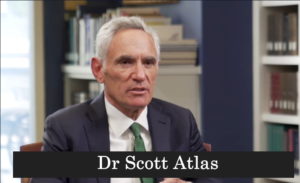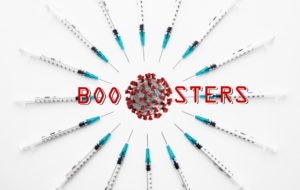First confirmed case of Monkeypox in non-endemic UK
On 7 May 2022, WHO was informed of a confirmed case of monkeypox in an individual who returned from Nigeria where the disease is endemic. The case developed a rash on 29 April 2022 and arrived in the United Kingdom on 4 May, departing Nigeria on 3 May. By May 22 the WHO reported on Twitter that there are 11 non-enemic countries with "about 80 confirmed cases, and 50 pending investigations" with more likely to be reported, and travel links have not been established. Endemic monkeypox disease is normally geographically limited to West and Central Africa. [1, 2] It is reported that monkeypox has been found in an ‘atypical’ spread in several countries including the United States, Spain, Canada and Australia, and "could accelerate in the coming months", prompting an emergency meeting by the WHO. This world’s first-ever global outbreak of Monkeypox has occurred, just one year after an international biosecurity conference in Munich held a simulation of a “global pandemic involving an unusual strain of Monkeypox” beginning in mid-May 2022! [3] The UK is stockpiling vaccines as they fear cases are being missed, as the majority of cases are not linked, suggesting it is spreading more widely. Bill..> READ MORE




